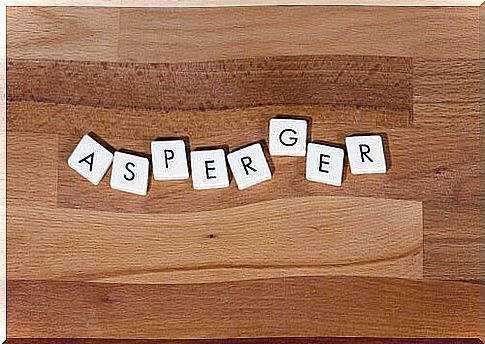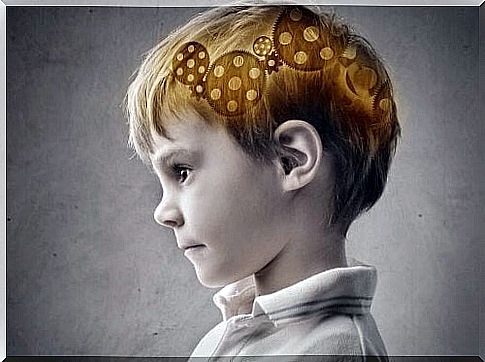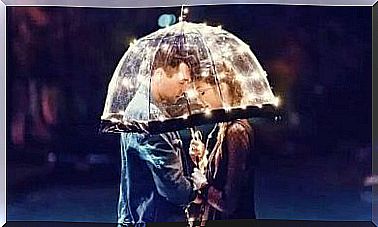Do You Know Asperger’s Syndrome?

Perhaps you have already heard of it or know someone who is affected by it. Maybe it is you yourself who, while reading this article from your computer screen, are living with Asperger’s syndrome.
Asperger’s syndrome is a disorder related to autism, but which differs from the latter, as research and studies that have investigated its causes show us. The most obvious difference has to do with the ability to be independent in adult life, contrary to what happens in true autism cases.
Asperger’s syndrome is a neurodevelopmental disorder
Asperger’s syndrome is a neurodevelopmental disorder due to the presence of an important genetic and hereditary basis in which some brain structures are damaged. Let’s find out what neurodevelopmental disorders are.

It is a heterogeneous group of neurological problems that cause alterations that affect various processes: cognitive, communicative, conduct and motor skills. These changes are due to atypical brain development.
In other words, the brains of people with Asperger’s syndrome work differently in many ways than those without neurodevelopmental changes. It cannot be defined as good or bad, it is just a different functioning in the process of receiving and perceiving information.
People with this syndrome perceive the world differently
It is almost as if the people who suffer from it have different codes to interpret the world and the environment around them. They use different filters that lead them to live in a way that may seem strange to others. But who has never met a person who behaves differently or unexpectedly than usual? Often we ourselves perceive reality in a distorted way, arriving to behave in ways that others may consider strange.
But the time has come to take a deeper look at the characteristics of Asperger’s syndrome. According to the various Asperger Federations, we can talk about the following points:
Characteristics of Asperger’s syndrome
Some characteristics of people with this disorder are as follows:
- Socially unsuitable people who have difficulty engaging in relationships with other children and / or adults. They can be naive and gullible.
- They are often unaware of the feelings or intentions of others and cannot understand their emotional reactions.
- They have enormous difficulty maintaining the pace of normal conversation. They are easily altered due to changes in their routines or periods of transition.
- They literally interpret the language, and consequently their understanding of what they hear. They don’t understand irony, they take every word seriously. For them a phrase like “has a heart that explodes from his chest” takes on a literal meaning, that is, a person with a heart so big that it comes out.

Furthermore:
- They are very sensitive to loud sounds, colors, lights, smells and tastes.
- They have a tendency to develop a very strong interest (a fixation) for a theme or an object, of which they can come to be genuine experts. Many children with Asperger’s syndrome, after seeing a landscape for a few seconds, are able to minutely reproduce every feature with frightening precision.
- They do not have good psychomotor skills, which is why they are not very successful in sports.
- They often have difficulty making and maintaining friendships with people their own age. The reason is that they perceive the world differently from others, and this generates frustration. The same happens to us when we don’t get along with a person because our ways of living and seeing the world are antagonistic.
Do you know a person who is affected by it? Put yourself in her shoes and you will understand her
For these reasons, it is necessary to be able to go beyond their ailment. People with Asperger’s Syndrome often feel misunderstood, they feel strangers within a world based on rules that sometimes do not coincide with theirs. They don’t understand the meaning of some of our behaviors.

It is good to work hard to learn to empathize with them. Understanding that their way of perceiving reality is different from ours, but that this does not imply that it is negative or positive, it is simply different.
We live in a wonderful world where, fortunately, we are all different. Well, the differences have a lot to teach. They enrich relationships and help us be more tolerant and get rid of most of the prejudices we bear on our shoulders.









